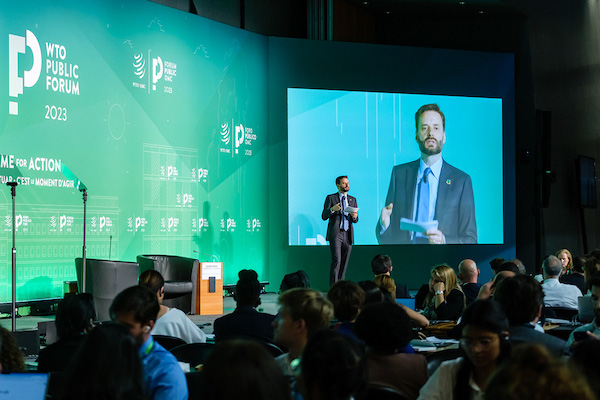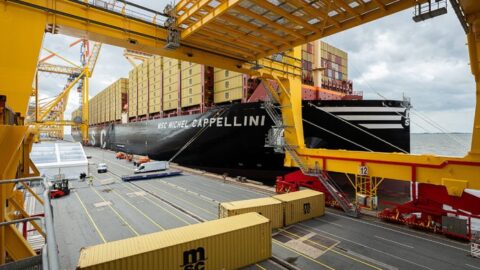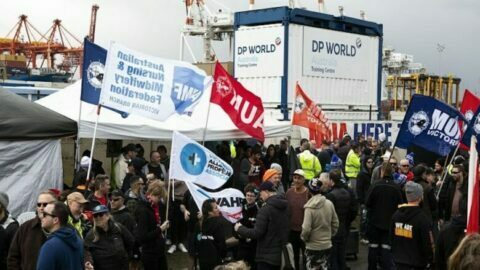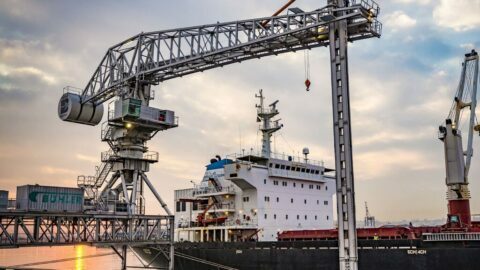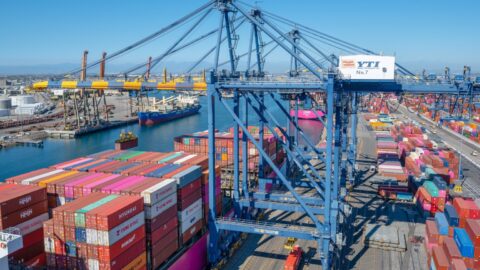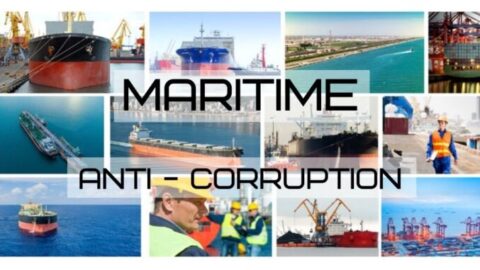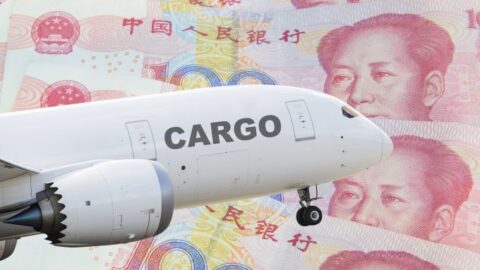El orden económico internacional posterior a 1945 se construyó sobre la idea de que la interdependencia entre las naciones a través de mayores vínculos comerciales y económicos fomentaría la paz y la prosperidad compartida.
Durante la mayor parte de los últimos 75 años, esta idea guió a los formuladores de políticas y ayudó a sentar las bases para una era sin precedentes de crecimiento, mayores niveles de vida y reducción de la pobreza”, dice la Directora General de la OMC, Ngozi Okonjo-Iweala, en el prólogo del informe. “Hoy esta visión está amenazada, al igual que el futuro de una economía global abierta y predecible”.
“La OMC no es perfecta, ni mucho menos. Pero los argumentos a favor de fortalecer el sistema de comercio son mucho más sólidos que los argumentos a favor de abandonarlo”, afirma la Directora General Okonjo-Iweala.
Starting with an analysis of the current state of globalization, the report confirms that geopolitical tensions are beginning to affect trade flows, including in ways that point towards fragmentation of trading relationships. WTO Secretariat calculations find, for example, that goods trade flows between two hypothetical geopolitical blocs — based on voting patterns at the UN General Assembly — have grown 4-6 per cent more slowly than trade within these blocs. However, the report contends that, despite these findings, international trade continues to thrive, implying that talk of de-globalization is on balance still not supported by the data. The publication points to the expansion of digital services trade, environmental goods trade, and global value chains in addition to the resilience of trade to recent global crises.
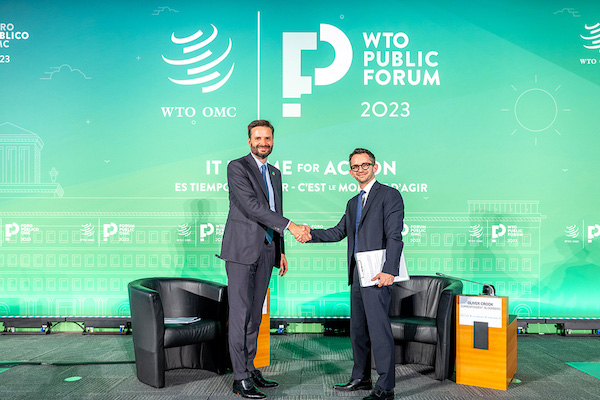
The report goes on to examine the relationship between economic integration and three major challenges facing today’s global economic order: security and resilience, poverty and inclusiveness, and environmental sustainability — areas in which arguments have gained ground that globalization has not delivered as expected or exposes countries to excessive risks. Looking at the evidence, the report makes the case that “re-globalization,” which is the renewed drive towards integrating more people, economies and pressing issues into world trade, is a more promising solution to these issues than fragmentation. The report shows that trade openness is strongly linked with a reduced likelihood of conflict and has led to sharp declines in poverty for over four decades. Also, technology improvements enabled by trade have had a strong impact in reducing carbon emissions.

Finalmente, el informe enfatiza la necesidad de más comercio y más cooperación para abordar de manera efectiva los principales problemas que enfrentan los formuladores de políticas en todo el mundo: desde la seguridad hasta la inclusión y el cambio climático. Una OMC revitalizada y reformada puede desempeñar un papel central para abordar estos desafíos.
Fuente: Organización Mundial del Comercio
